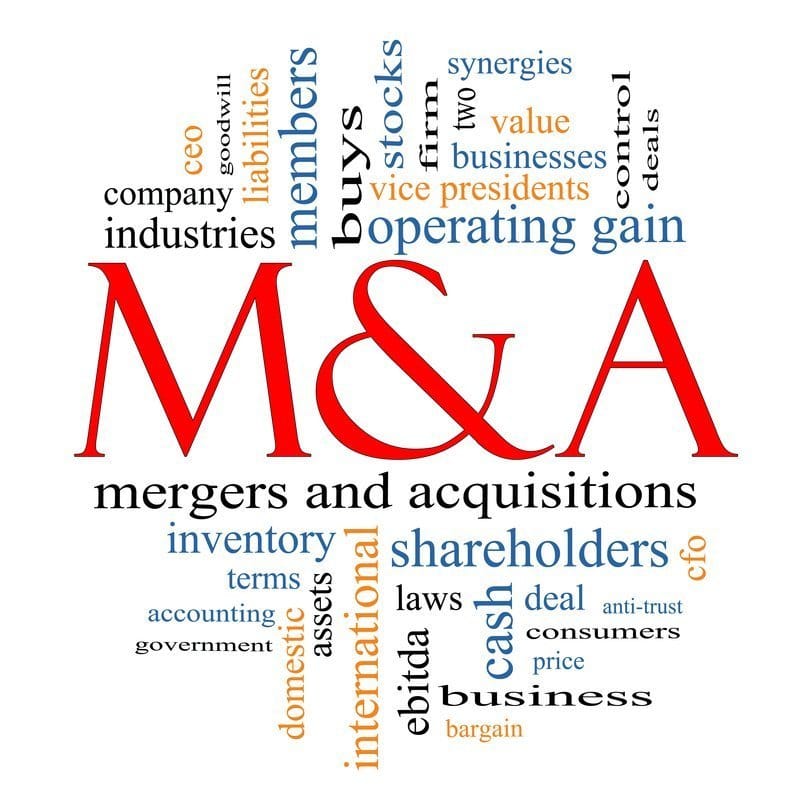
Due diligence in my world (mergers and acquisitions of closely held businesses) involves a buyer looking into the books and records of a potential acquisition to ensure that 1) there are no hidden concerns and 2) the information previously provided by the seller is accurate. Due diligence can be highly involved and time consuming with auditors, accountants and lawyers reviewing the business records, or it can be very simple with just one business owner reviewing the financials and the tax returns of the seller’s business.
My clients will sometimes tell me that due diligence isn’t necessary because it is an asset sale, and the buyer isn’t buying the liabilities of the company. However, this idea is misguided. A buyer will still want to confirm that the earnings of the company are accurate. Additionally, when there is a claim post-closing for actions prior to closing, even when the buyer is just buying assets, the buyer will get dragged into those claims. The buyer will want to do their best to confirm that there are no skeletons in the closet they will have to deal with later.
I always suggest that my seller clients have a non-disclosure agreement signed between buyer and seller before any information is provided.
No matter how sophisticated or simple the due diligence, there are certain items that will always come up and that a seller should be prepared for:
- Review of prior tax returns (generally 3 years). A buyer will want to confirm the information that is being provided to the federal government, confirm its consistency with the financial statements, and confirm taxes are being paid.
- Review of financial statements (generally 3 years). Profit and Loss statements as well as Balance Sheets will probably give the most insight to a buyer on areas of concern. Important items to look for there: are there substantial “loans due from shareholders,†as well as what is the amount of compensation being paid to the owners? Normally, in determining the value of the business, the amount being paid to an owner that is in excess of market will be added back to the earnings. If the owner is underpaying him or herself, there will be a reduction in earnings to account for this.
- Review of real estate leases. No matter what, a buyer wants to know what type of leases it will be taking over or having assigned to it.
- Review of other encumbrances against the company. If you have a leased copier, or a leased vehicle, the buyer will want to review the leases to see how they can be either assigned, paid off or otherwise handled in a sale.
- Review of employment records. Buyers want to know if employees have been paid appropriately. Improper employee practices could lead to future litigation that you could be liable for.
I have a simple due diligence checklist and a more detailed due diligence checklist for my clients to use to gather information in anticipation of a sale. Call or email me if you would like the due diligence checklist, I am happy to provide it!
Every company is urged to use a due diligence checklist well ahead of any transaction. Having all of these important documents in one spot will help the business owner and staff significantly if and when the time comes to perform due diligence.
By. Brooke Pollard, Esq.
Brooke Pollard is an M&A attorney in Irvine, CA. She handles all aspects of stock and asset purchases, including letters of intent, due diligence, purchase agreement preparation and review, closings and earn-out strategies. She has a particular emphasis on counseling and implementing business transition and succession strategies between family members.







